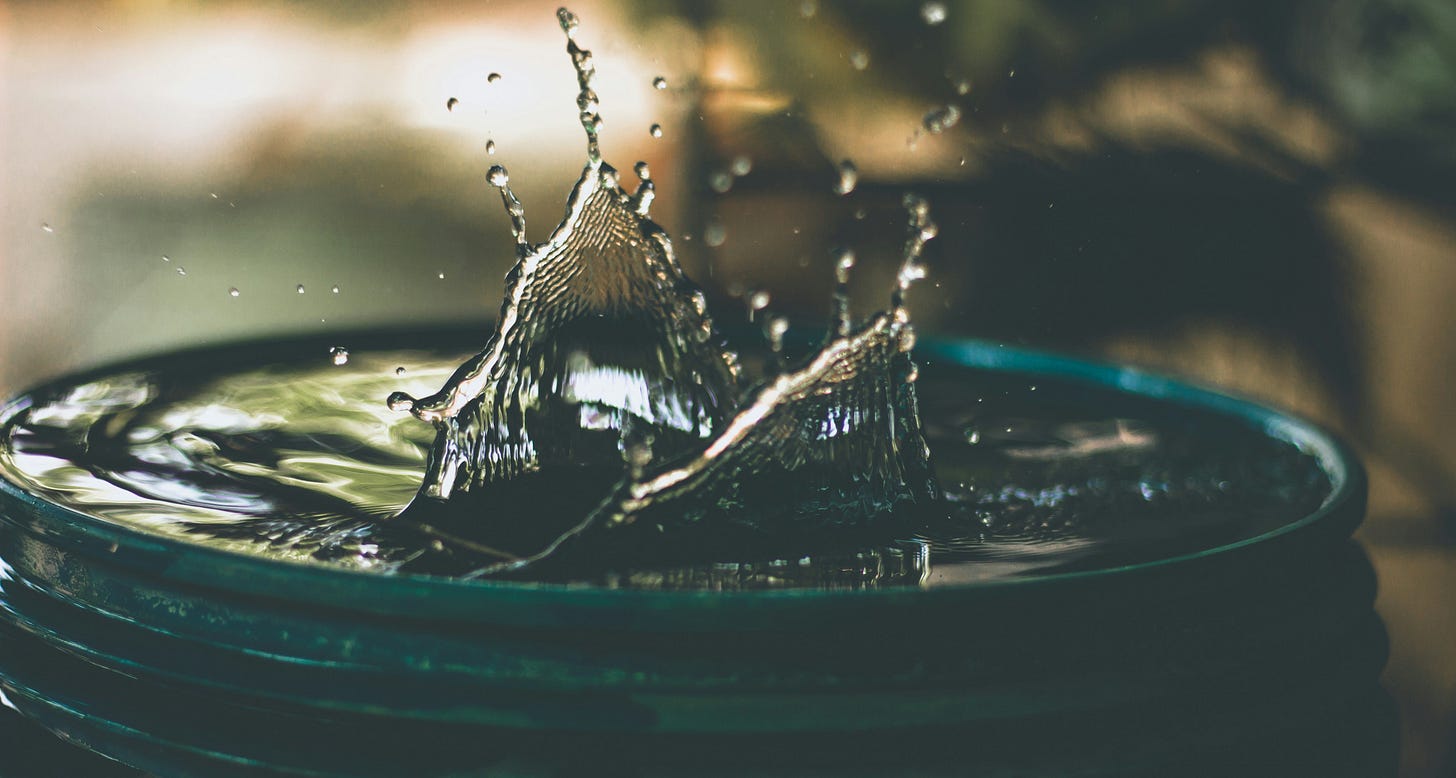A transcontinental conversation about collective water keeping
Make sure to check out our recent podcast episode!
Imagine gathering around a table for a conversation that leaves you thinking long after it's over—a space where different perspectives flow together like a river.
That’s exactly what happened as we came together (virtually) to explore the theme of water stewardship. We brought in voices from across the spectrum, including Alan Ereira, Kogi advocate and founder of the Tairona Trust; Four Arrows, Indigenous educator and Proven Sustainable Guiding Council member; Fred Tutman, the Patuxent Riverkeeper; and Grandmother Rabiah Nur, an indigenous medicine woman who views the river through the eyes of her ancestors. This was a conversation we truly enjoyed, filled with personal storytelling and different perspectives woven together in a way that felt both profound and personal.
Water is sort of the time and space that defines mother earth in every way, from a baby's tears to the ocean waves on my back door here and it's our first consciousness. It reflects the cosmos. It’s 's a synergy that becomes a sort of a being that binds all of life.
— Four Arrows —
We dove into the deep connections between water, women, and the spirit of renewal, talking about how water serves as a source of comfort and cooling, guided by Kogi knowledge that water spiritually and physically connects everything. We explored the inspirational power of water in the waterkeeper movement and how direct experiences shape our understanding of water’s role in our lives.
What is it that connects everything together? In the Kogi language it’s the word that gets translated as water and we translate that word also sometimes as spirit.
— Alan Ereira
We also touched on the practices that help us reconnect with water as a life force and the vital role women have always played in maintaining these bonds. We discussed how fear of water and nature can disrupt these connections and explored the Kogi’s Munekan Masha project, examining why environmental movements often fall short without a spiritual link.
If you want to know the condition of women, look at the condition of the Earth because she mirrors her plight in women's bodies.
— Grandmother Rabiah Nur
One of the most moving moments was hearing about Cherokee women singing lullabies to children and the earth during the hardships of the Trail of Tears—a powerful reminder of the importance of presence and gratitude for life that prevails amidst difficult times.
We invite you to listen, reflect with us, and keep the dialogue going as we honor these timeless connections together.
I’m naturally attracted to community and I tell people that I run a community-based organization where community is defined by a watershed. There's a community of people who are connected in all kinds of ways to this particular river and to all rivers actually. Water is connected, I think, by its very nature.
— Fred Tutman—
Listen to more thought provoking talks with Indigenous and Maroon people and their supporters to realize and challenge conscious and unconscious colonized thinking and behaviors influencing the way you perceive sustainability and engage with the world.
If you found this insightful, inspiring, or thought-prokoking in any way…
We’d love to hear your thoughts below. We’ll respond!
The Proven Sustainable™ Conversation Series is a fiscally sponsored project of the Center for Transformative Action, a 501(c)3 tax-exempt organization.




